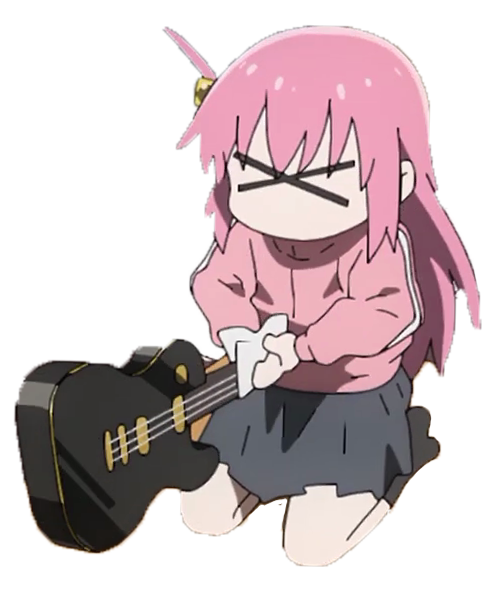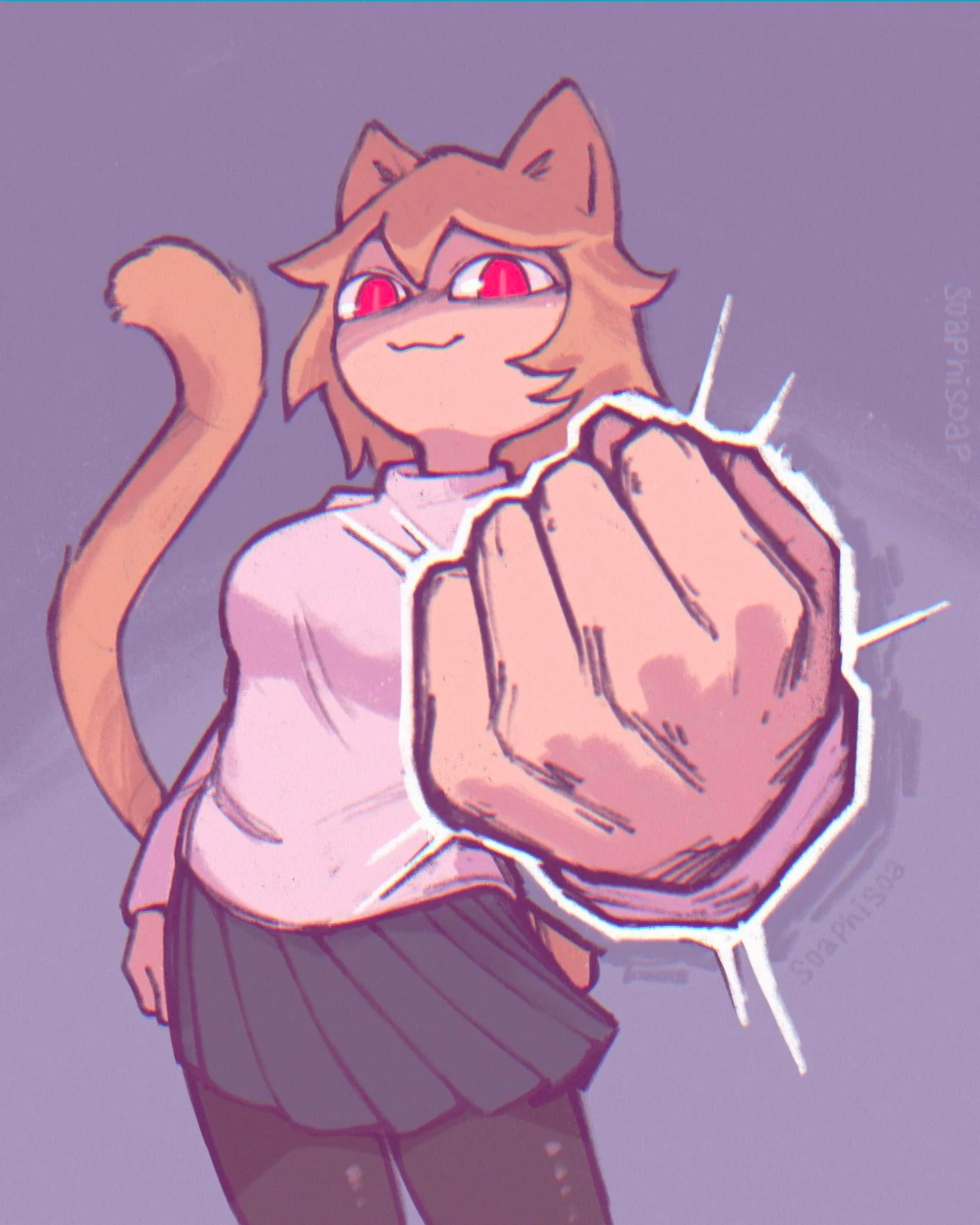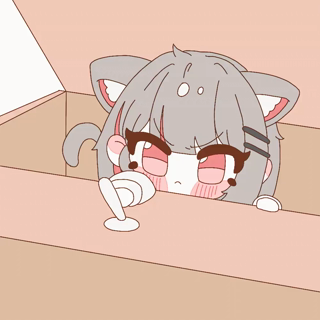A Crane Cries in Huating - 8.1
Don’t boast that you can see the whole world,
Consort Xu only wears makeup on half of her face.[1]From the Southern Dynasty poet, Li Shangyin. This is a somewhat liberal translation to make sense of it in English. Consort Xu, Xu Zhaopei, was Emperor Liang Yuan’s consort. Since she hated the … Continue reading
The servants of the West Mansion rode hard for a couple of blocks. Finally, they were able to stop Xu Changping who seemed to be strolling along without a care in the world.
Xu Changping tidied up his clothes and sauntered back into the pavilion. He had a faint grin on his face as he looked around a little, and then saluted Dingquan. “Greetings, Your Highness.”
Dingquan didn’t get up this time, merely pointed to the seat in front of him. “Registrar Xu, please.”
Xu Changping did not refuse anymore. He thanked him, lifted his robe to sit down, and asked, “How may I serve you, Your Highness?”
Dingquan took the note out of the mirror box and handed it over to Xu Changping, asking with a smile on his face, “Do you have no objection to such a move?”
It was an ordinary piece of paper with only a few numbers on it, no title in front, no inscription in the back, no seal or mark, but Xu Changping’s face changed colour slightly when he looked at it, and he mumbled to himself, “Gold-inlaid Blade[2]金错刀 – Jincoudao is a form of ancient calligraphy.?”
Dingquan smiled. “Registrar Xu is really knowledgeable.”
Xu Changping shook his head. “Your Highness’ penmanship is renowned all over China. It is my great honour to be here today.” After handing the note back to Dingquan, he said, “I have no objection.”
The corners of Dingquan’s mouth raised and he said with a faint smile playing on his lips, “Well then, please enlighten me, who will His Majesty choose for the palace secretariat?”
At his blunt question, Xu Changping also answered in a straightforward manner, “According to my humble opinion, His Majesty probably doesn’t want to employ anyone. Your Highness thinks so too, right?”
The corner of Dingquan’s mouth twitched ever so slightly and he said, “I would like to hear the details.”
Xu Changping said, “Please forgive my insolent remarks toward the emperor. Regarding Li Jiangyuan’s imprisonment, in the eyes of the world, he started as the emperor’s teacher, went on to prosper in the judiciary, and all its benefits belonged to Your Highness. Don’t you know that this imperial court is far stricter now than before? Li Baizhou was in a high position and was among the ones who received special consideration[3]议贵 – One of the Eight Discussions of Ancient Criminal Law. Special consideration was given to dignitaries to reduce the punishment.. If His Majesty did not acquiesce in this matter, no matter how carefully he was snared, how could he end up in prison?”
Dingquan still had nothing to say to this, but then he asked, “The emperor is well and alive right now. If we go by what you’re saying, why would he allow his ministers to exercise power over him?”
Xu Changping said, “Your Majesty’s actions can be summarised into three words: centralization of power.”
Dingquan was startled inside. He slammed his fist onto the table and scolded in a low voice, “The audacity!”
Xu Changping’s face remained unchanged as he knelt down from his seat and said firmly, “If the listener isn’t contemptuous, the speaker must be earnest[4]言者谆谆,听者藐藐 – The speaker is earnest but the listener is contemptuous, meaning the speaker was very sincere but the listener did not care. Here Xu Changping uses the opposite of it.. Even though I am of humble stature, I know I am putting my life on the line by telling you these things today. Your Highness, please allow me to finish my report before punishing me.”
Dingquan stared at him silently for a long time, then he raised his hand as a signal and all the servants in the pavilion withdrew from the area noiselessly. Afterward, he said, “This isn’t an open water pavilion, but please speak cautiously about Li Baizhou[5]Dingquan mentions Li Baizhou 李宋故事 (something like Li Song story) which is a reference to “Baizhou” from the Book of Songs (诗经), an early Chinese poem and one of the Five Classics of … Continue reading, Registrar Xu.”
Xu Changping smiled slightly to show his understanding and said, “Your Majesty’s maternal uncle, Gu Clan, belongs to an old family of high-ranking officials, and are relatives of the emperor. Your uncle has served as a minister in the privy council since the late years of the former emperor and early years of the current emperor before resigning to the commander of the capital training division. After the new year, he guarded Changzhou as its military commander-in-chief against foreign northern barbarians. Although His Majesty has divided the generals and troops in recent years causing your uncle a lot of constraints, there’s still a considerable number left from the old army. Changzhou is the key to the northern frontier, clocked by mountains and girded by the river, and your uncle is residing there. If he moves forward, he can attack the northern barbarians, and if he retreats, he can defend the city walls. Everyone knows the current situation is very dire.” Speaking of this, he suddenly digressed, “I went to Changzhou a few years ago. Once in Zhouzhou, I climbed up the dangerous city walls and gazed at the crescent moon in the desert, and I rode along the gales for thousands of miles. I could still picture the look of the upright flag and the majestic formation of the troops. I wonder if Your Highness has ever been up there?”
Dingquan snorted. “I’m a living example of being born deep in the palace and raised by the hands of women.[6]Meaning spoiled and sheltered. It is a reference to Duke Ai of Lu saying to Confucius: I was born deep inside the palace and was raised by the hands of women. I never knew sorrow, never knew worry, … Continue reading I have never gone outside the capital, let alone a border town such as what you’re speaking of.”
He appeared sullen, but Xu Changping pretended to not notice it. He coughed dryly and said, “Furthermore, Lord Li came from a prestigious background, and he aced the imperial examination back in the day. At first, he was a commanding civil servant[7]a vague position made in the Song dynasty to prevent the military from gaining power, so they placed civil servants on them but the military was still led by generals, and later he was transferred from a military position to the Privy Council, then the Ministry of Appointments, and finally became a minister. Compared to the old nobles, he was a rising star, however, he was seduced by both the court and the military, and he even kept company with Prince Qi, paying him lip service, yet he remained undecided about who to remain loyal to. He held the central government, making the ministers and counsellors all useless. Everyone relied on the two ministries and vied with each other. However, this made it difficult to implement government orders, and even the emperor’s edicts inevitably became null and void.”
He looked up and glanced at Dingquan, pressed his right hand on his knee, and sneered. “There are strong generals outside, strong ministers inside, and tigers and wolves sleeping beside the narrow bed. If Your Highness was in his position, would you be able to sleep soundly at night?”
Dingquan gazed into the distance, and after a long time, he raised his hand and said, “Registrar, get up and speak.”
Xu Changping stood up, roughly adjusted his clothes, walked behind Dingquan, and said, “His Majesty wants to get rid of Lord Li, following the example of the Zhou Emperor in taking direct control of the six ministers to resist foreign powers. I assume that it didn’t start within the past two years, and His Majesty is simply taking advantage of Your Highness’s situation and personnel affairs to achieve success. It’s just that when this battle was carried out, Your Highness was put in the spotlight while His Majesty resided in the dark. Your Highness gets a bad reputation while His Majesty reaps all the hidden benefits. I presume that Your Highness’s grievances and dissatisfaction stem not only from being used and abandoned[8]藏弓烹狗 Hide the bows and cook the dog, which means to put away the good bow when all the birds are shot and to cook the hunting dog to eat meat when the cunning rabbit is caught. In the old … Continue reading, but also from the misfortune following you. Ultimately, it is you taking the toils for the benefits he reaps[9]与人作嫁 Literal translation means making wedding dresses for others, and being happy seeing people getting married. The deeper meaning is that you are so busy that you don’t get any benefits but … Continue reading.”
Translator: turtleneck
Editor: idlemousse
I’ve slowed the updates because I’ve gotten busy with work.
TN Notes[+]
| ↲1 | From the Southern Dynasty poet, Li Shangyin. This is a somewhat liberal translation to make sense of it in English. Consort Xu, Xu Zhaopei, was Emperor Liang Yuan’s consort. Since she hated the emperor’s one-eyed look, whenever she heard he was coming, she would deliberately wear makeup on just half of her face in order to spite him. The poem cleverly references that story to satirise the tragedy of the Southern Dynasty emperor owning only half of the country. |
|---|---|
| ↲2 | 金错刀 – Jincoudao is a form of ancient calligraphy. |
| ↲3 | 议贵 – One of the Eight Discussions of Ancient Criminal Law. Special consideration was given to dignitaries to reduce the punishment. |
| ↲4 | 言者谆谆,听者藐藐 – The speaker is earnest but the listener is contemptuous, meaning the speaker was very sincere but the listener did not care. Here Xu Changping uses the opposite of it. |
| ↲5 | Dingquan mentions Li Baizhou 李宋故事 (something like Li Song story) which is a reference to “Baizhou” from the Book of Songs (诗经), an early Chinese poem and one of the Five Classics of Confucianism |
| ↲6 | Meaning spoiled and sheltered. It is a reference to Duke Ai of Lu saying to Confucius: I was born deep inside the palace and was raised by the hands of women. I never knew sorrow, never knew worry, never knew toil, never knew fear, and never knew danger. |
| ↲7 | a vague position made in the Song dynasty to prevent the military from gaining power, so they placed civil servants on them but the military was still led by generals |
| ↲8 | 藏弓烹狗 Hide the bows and cook the dog, which means to put away the good bow when all the birds are shot and to cook the hunting dog to eat meat when the cunning rabbit is caught. In the old days, it was a metaphor that after the ruler gained power, he abandoned and killed meritorious ministers. From “Historical Records: The Family of Goujian, King of Yue”. |
| ↲9 | 与人作嫁 Literal translation means making wedding dresses for others, and being happy seeing people getting married. The deeper meaning is that you are so busy that you don’t get any benefits but instead contribute to other people’s happy occasions. |

































